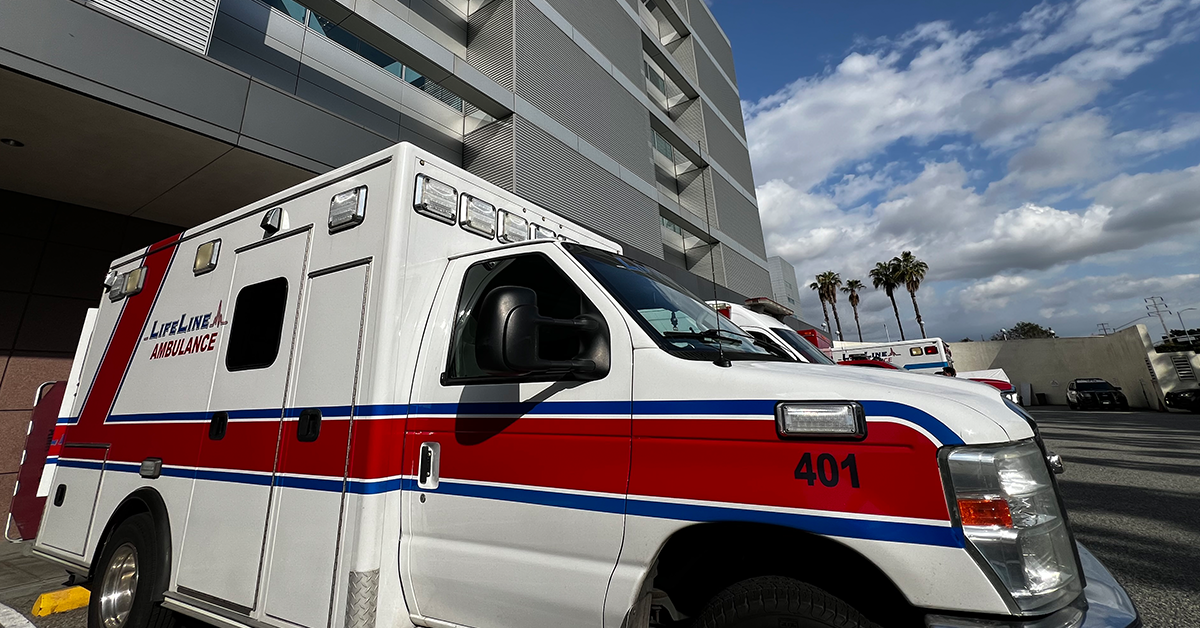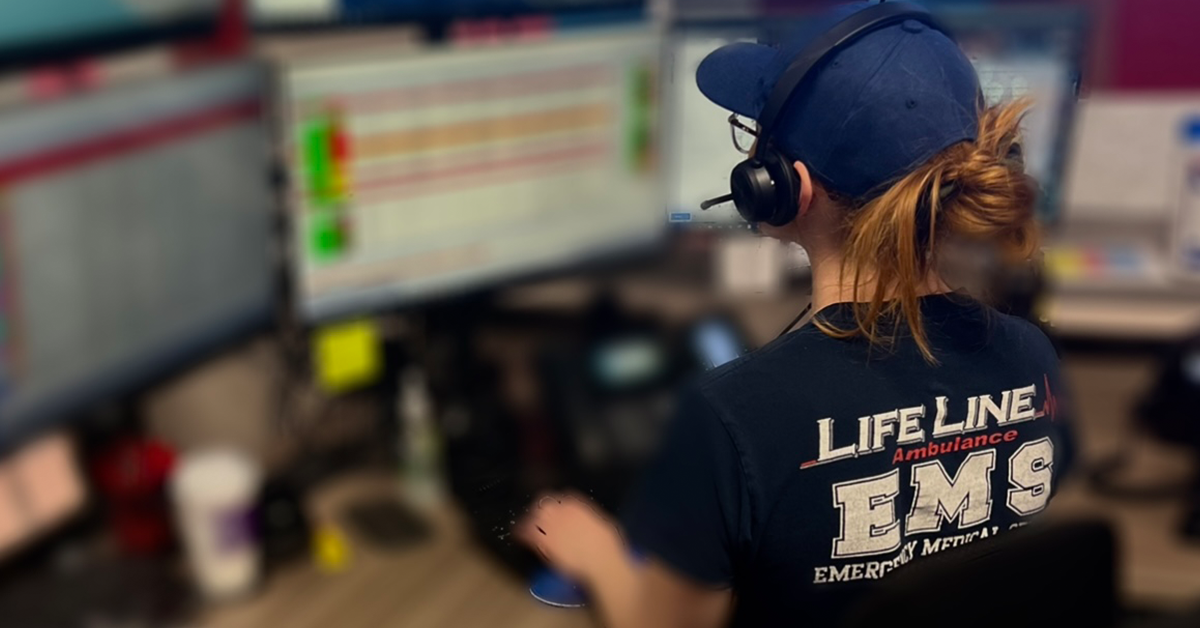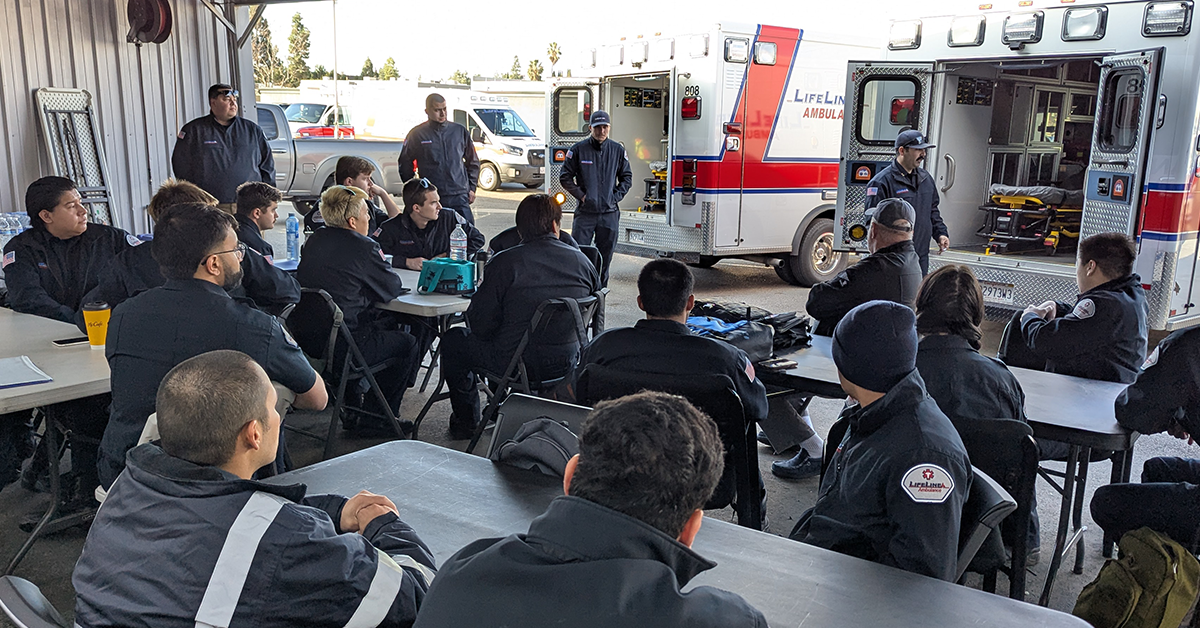Being an Emergency Medical Technician (EMT) is one of the most rewarding yet emotionally challenging careers. In high-pressure environments, EMTs witness life-and-death situations, manage traumatic incidents, and support individuals during their most vulnerable moments. While the work is fulfilling, it can also take a toll on emotional and mental well-being.
At LifeLine EMS, we understand the unique challenges EMTs face in Los Angeles and Southern California, where fast-paced urban settings and diverse emergencies are the norm. Staying emotionally resilient is essential—not just for career longevity but also for overall happiness and health.
This article explores practical strategies to help EMTs stay strong, resilient, and balanced while thriving in their careers.
The Importance of Emotional Resilience for EMTs
EMTs often navigate high-stress, unpredictable situations, including:
- Serious Injuries and Trauma: Accidents, medical emergencies, and critical health events.
- Emotional Interactions: Supporting distressed patients and families during crises.
- Long Hours and Shift Work: Irregular schedules can disrupt sleep and work-life balance.
- Cumulative Stress: Regular exposure to traumatic events can lead to compassion fatigue or burnout.
Emotional resilience allows EMTs to cope with these challenges, recover quickly from difficult experiences, and maintain their ability to care for others effectively.
1. Prioritize Self-Care and Healthy Habits
Resilience starts with taking care of your physical and emotional health. Self-care isn’t selfish; it’s necessary for staying strong.
Get Enough Rest
Shift work can disrupt sleep patterns, but quality sleep is critical for emotional and physical well-being. Tips for better sleep include:
- Maintaining a consistent sleep schedule, even on days off.
- Creating a dark, quiet, and cool sleep environment.
- Avoiding screens and caffeine before bedtime.
Exercise Regularly
Physical activity reduces stress and improves mood by releasing endorphins. Even short, regular workouts like walking, running, or strength training can make a big difference.
Eat a Balanced Diet
Proper nutrition fuels your body and mind, helping you cope with stress. Include:
- Lean proteins, whole grains, fruits, and vegetables.
- Staying hydrated throughout long shifts.
- Healthy snacks like nuts, yogurt, or fruits to maintain energy during calls.
Practice Relaxation Techniques
Incorporate mindfulness, deep breathing exercises, or meditation into your daily routine. These practices reduce stress and help you stay calm under pressure. Apps like Calm or Headspace can offer guided support.
2. Seek Emotional Support
EMTs often feel like they need to “stay strong” for others, but reaching out for support is a sign of strength, not weakness.
Talk to Someone You Trust
- Share your experiences with friends, family, or colleagues. Talking helps process difficult emotions and prevents isolation.
- Join peer support groups where fellow EMTs share insights and advice.
Connect with Professional Counselors
Consider seeking professional support from mental health specialists who understand the challenges of first responders. Therapy can help you:
- Manage stress and process traumatic experiences.
- Build coping strategies for emotional challenges.
- Prevent long-term effects of chronic stress, such as PTSD.
3. Foster a Strong Support Network at Work
Your colleagues are often the people who understand your struggles best. Building strong relationships in the workplace creates a sense of camaraderie and emotional support.
Lean on Your Team
- Talk openly with coworkers after challenging calls. Sharing experiences can reduce feelings of isolation.
- Check in on team members regularly and offer support when needed.
Participate in Debriefing Sessions
After particularly difficult calls, take advantage of debriefings. These discussions allow team members to process the event together, providing clarity and emotional release.
Encourage a Positive Work Culture
Support a workplace culture that values mental health, teamwork, and open communication.
4. Recognize the Signs of Stress, Burnout, and Compassion Fatigue
Awareness of your emotional and mental state is crucial for early intervention. Signs of burnout and stress include:
- Physical symptoms like fatigue, headaches, and sleep disturbances.
- Emotional signs such as irritability, mood swings, or feeling detached.
- A decrease in motivation or satisfaction at work.
Address Burnout Early
If you start noticing signs of burnout or compassion fatigue:
- Take time off to rest and recharge, even if only for a day.
- Reassess your workload and set realistic goals.
- Talk to a supervisor or mental health professional for support.
5. Practice Meaningful Reflection
Reflecting on your experiences can help you process challenging situations and celebrate the positive aspects of your work.
Focus on the Positive Impact
Take time to remember the lives you’ve saved, the families you’ve comforted, and the difference you’ve made. These moments fuel purpose and resilience.
Keep a Journal
Journaling can be a helpful tool for releasing emotions and identifying patterns in stress or fatigue. Write about:
- Difficult calls and how you felt.
- Positive experiences that remind you why you chose EMS.
- Small victories or moments of gratitude.
6. Set Healthy Work-Life Boundaries
Balancing the demands of EMS with personal life is essential for long-term well-being.
Leave Work at Work
It’s natural to replay difficult calls in your mind, but overthinking can prevent emotional recovery. Develop rituals to “leave work at the door,” such as:
- Listening to music or podcasts on your commute.
- Taking a short walk or exercising after your shift.
Make Time for Yourself
Carve out time for hobbies, relationships, and activities that bring you joy. Whether it’s hiking in Southern California, spending time with family, or learning a new skill, personal time rejuvenates your mind.
7. Take Advantage of EMS-Specific Resources
Many resources are available specifically for first responders, including:
- The Code Green Campaign: A mental health advocacy group for EMS professionals.
- First Responder Peer Support Programs: Networks offering confidential emotional support.
- Local Veteran and EMS Networks: Many organizations in Los Angeles and Southern California provide tailored mental health services for first responders.
LifeLine EMS encourages all team members to use these resources to prioritize their well-being.
8. Support from LifeLine EMS: A Culture of Resilience
At LifeLine EMS, we prioritize the mental and emotional health of our EMTs and first responders. Our initiatives include:
- Peer Support Programs: Connecting team members who understand the unique challenges of EMS.
- Access to Counseling: Providing mental health resources and professionals who specialize in first responders.
- Team Debriefings: Offering opportunities to process challenging calls together.
- Wellness Programs: Encouraging fitness, nutrition, and mindfulness to build resilience.
Our mission goes beyond emergency response; we believe in taking care of the people who care for our communities.
Keep Reading
Want more? Here are some other blog posts you might be interested in.
In the high-stakes world of emergency medical services, clear and effective communication can mean the difference between life and death. EMS professionals...
Emergency Medical Services is an ever-evolving field that requires constant learning and adaptation. With medical advancements, technological innovations, and increasing public health...
Emergency Medical Services s a high-stress, physically demanding profession that requires dedication, quick decision-making, and resilience. While the rewards of saving lives...






